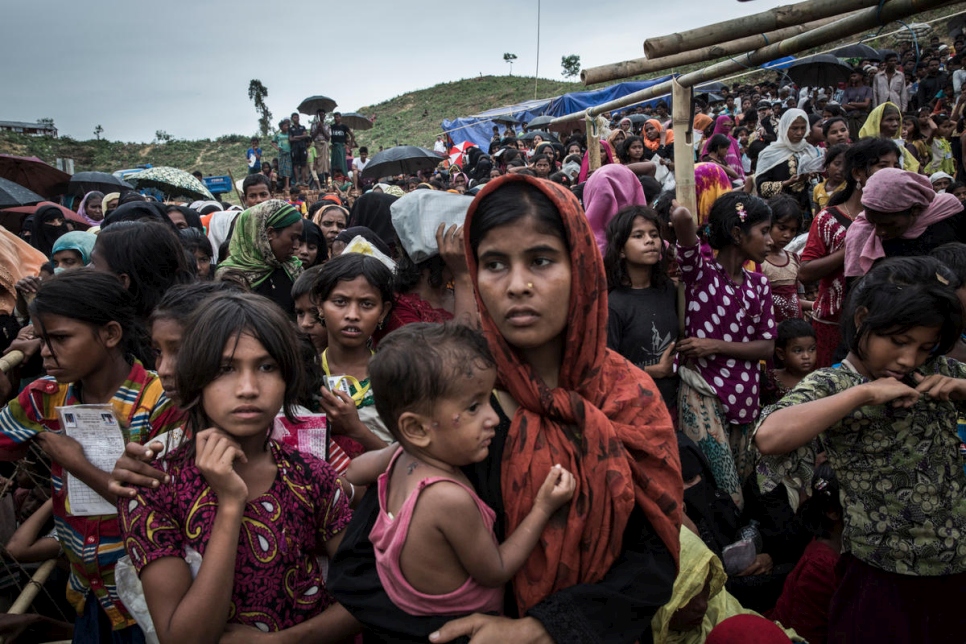Myanmar is being accused of attempting to delay court proceedings after it emerged the country last month filed preliminary objections to the International Court of Justice (ICJ) over genocide charges for its treatment of the mostly Muslim Rohingya, Al Jazeera writes.
The case was brought by The Gambia in 2019 after a brutal military crackdown in the western state of Rakhine in 2017 forced hundreds of thousands of Rohingya to flee across the border to neighbouring Bangladesh.
“On 20 January 2021, the Republic of the Union of Myanmar filed preliminary objections to the jurisdiction of the Court and the admissibility of the Application,” the ICJ said in a filing signed by Court President Abdulqawi Ahmed Yusuf and dated January 28.
The filing did not elaborate on the nature of the objections, but legal experts say they are likely to include whether the court has jurisdiction to hear the case and whether The Gambia has the appropriate standing to bring the suit.
Aung San Suu Kyi, Myanmar’s former civilian leader raised similar issues during preliminary hearings in December 2019 when she travelled to The Hague to defend her country’s treatment of a minority group that has been described as among the world’s most persecuted.
The Gambia has until May 20 to respond and the court will then consider the points raised.
“These objections will fail and are nothing more than delaying tactics,” Mark Farmaner, the director of the Burma Campaign UK wrote on Twitter, urging the British government to intervene.
The ICJ has already ordered Myanmar to do more to protect the Rohingya, with about 600,000 thought to remain inside the country and Bangladesh keen for refugees to return.
This week’s coup could bring further complications, with the military that orchestrated the crackdown once again in control and the country’s elected civilian leaders in detention.
“In principle the coup has no direct impact on the ICJ case,” international rights group Global Justice Center said in a statement. “For the ICJ’s own purposes, it is the state of Myanmar, however constructed, that is the subject of this case and changes in political leadership have no bearing. The coup does however, raise other questions, including whether a military-led government will continue to engage with and defend the case, as well as how the Court will view compliance with the provisional measures orders.”
In January last year, the court told Myanmar to take provisional measures to “protect against further, irreparable harm to the rights of the Rohingya group under the Genocide Convention” and ordered the country to report on the situation every six months.
